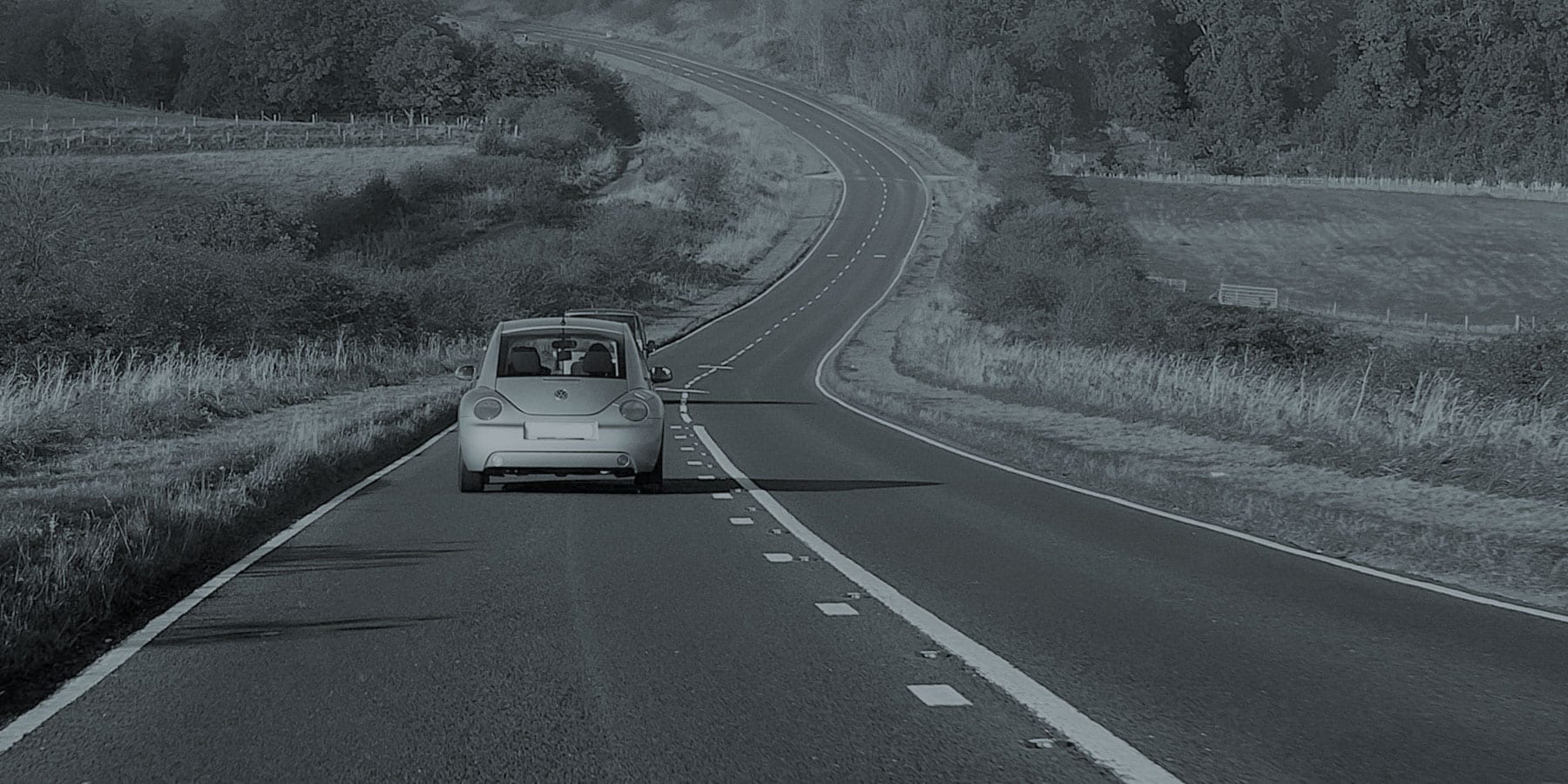Send your enquiry.
Contact us for a free, initial no obligation consultation.
"*" indicates required fields
Your information is safe and treated in accordance with our Privacy Policy
The police can take a sample of blood while you are a hospital patient, if they suspect you of drink driving. However, the medical professional treating you must agree that a sample can be taken. You must also consent to have the sample tested.
Blood Samples
If you have been accused of drink driving, please contact us at Ashmans Solicitors. If the police took a blood sample while you were in hospital, they may have failed to follow the correct procedures. If so, the result cannot be used as evidence. Our drink driving solicitors can investigate whether this is factor in your case. It happens more often than you might think.
Can the police request a sample if I’m in hospital?
Yes, the police can request a sample to check whether you are over the legal drink drive limit, even if you are in hospital. This might happen if you are injured in a road traffic accident and the police think that alcohol may have been a contributing factor.
However, the police must follow a certain procedure when taking a sample of blood at the hospital. This procedure differs to the one that is used at the police station.
Police procedures for taking a blood sample at hospital
Firstly, the medical practitioner treating you must give their permission. If the medical practitioner says that a blood test cannot (or should not) be taken for medical reasons, then the police cannot proceed.
Secondly, you must agree to have a blood test. The police must provide a verbal warning that if you do not consent, you will be charged with failing to provide a sample. The wording of police warning varies from case to case, but should sound something like:
“I have decided the specimen shall be of blood and require you to provide a specimen. Failure to provide a specimen will render you liable to prosecution. Do you consent to provide a specimen of blood, which will be taken by a healthcare professional?”
Thirdly, the blood test must be taken by an approved practitioner. Furthermore, the practitioner can only draw two 8ml samples. If the practitioner fails to get enough blood from you, they cannot ‘top up’ the sample by drawing more blood during a third or fourth attempt.
Finally, there are additional rules around the testing of the blood sample. For example:
- You must be offered one of the samples so that you can test it yourself
- The sample must be sent to the laboratory within a week. If it is not tested within two weeks, the alcohol may have fermented and affected the results
- The laboratory must calibrate their testing machines and comply with other protocol
What if you cannot consent?
As mentioned above, you must consent to the blood test. However, you might not be able to consent if you are unconscious or you lack capacity due to your injuries. In this instance, the police are allowed to request that a blood sample is taken. The blood test can go ahead, so long as your treating medical practitioner gives their permission. The blood sample will then be drawn BUT it cannot be sent to the laboratory for analysis until:
- You become capable of consenting; and
- You are told that a blood sample has been taken; and
- You agree that the blood sample can be sent to the laboratory for analysis
The police must still follow certain procedures, such as warning you that failing to provide a specimen for analysis could result in prosecution.
What if I’m scared of needles?
You can only refuse to provide a specimen of blood for analysis if you have a good reason. There have been cases in which a defendant has successfully argued that they were unable to provide a sample of blood due to a fear of needles. This must be a genuine phobia of needles.
What if I’m not medically fit?
As outlined earlier in this article, the police can only take a blood sample if you are medically fit to do so. If you are in hospital, a nurse or doctor must confirm that you are physically well enough to provide a blood sample. If not, the blood test cannot go ahead.
Therefore, the police can take a blood sample at the hospital, but only if:
- A medical professional gives their permission; and
- You consent to have the sample sent to a laboratory for testing
If you are unconscious, the blood sample can be taken without your knowledge, if a medical practitioner allows it. However, it cannot be sent for testing until you regain consciousness and provide consent.
What happens once I leave hospital?
Once you are discharged from hospital, you are no longer considered a patient. The police are then subject to different procedures. Most notably, the police do not have to get the permission of a medical practitioner before taking the sample.
Did the police follow the correct procedure?
The police do not always follow the correct procedure when taking blood samples, especially where the individual is in hospital. If the police make mistakes, then the evidence may be inadmissible. This means that the blood test result cannot be used in court. This would completely undo the prosecution’s case.
If can be difficult to know whether the police followed the correct procedures when taking a sample, especially if you were a hospital patient at the time. You may have been unconscious or unable to fully comprehend what was happening. You may also have been more focused on your injuries than a police investigation.
That is where we can help. We can examine exactly how the police behaved while requesting a sample of blood at the hospital. We can also look at the actions of the laboratory testing facility to see if mistakes were made elsewhere. If we do uncover any issues, we will use this to your advantage, working to get the charges against you dropped in the early stages of your case.
Blood Samples At The Hospital
Have you been caught drink driving? Contact our solicitors for expert legal advice.
Call us on 0333 009 6275. We are available 24 hours a day, 7 days a week. See our motoring defence fees page to find out more about our fixed fees.
You can also email us on enquiries@ashmanssolicitors.com or complete our Online Enquiry Form and we will contact you.




